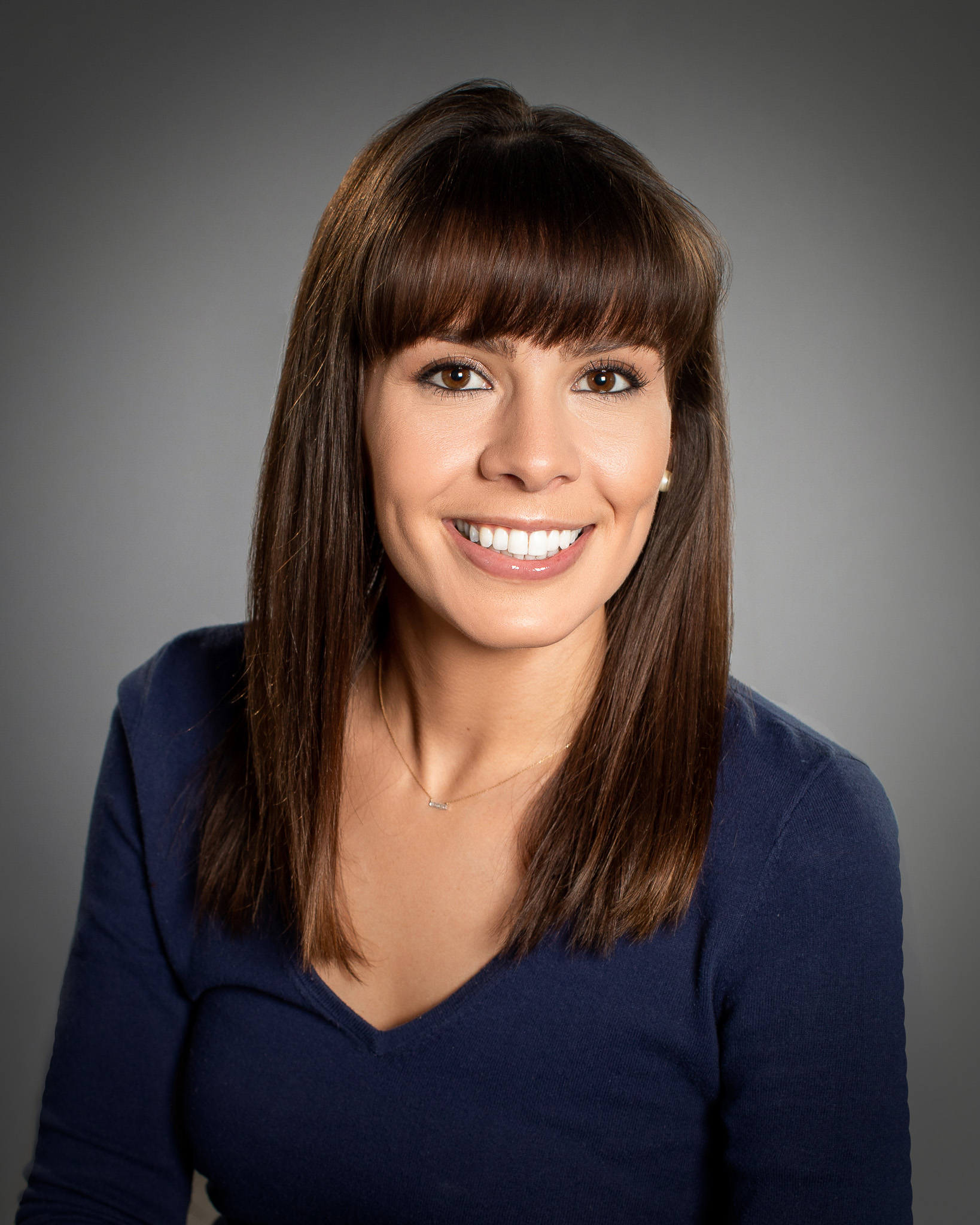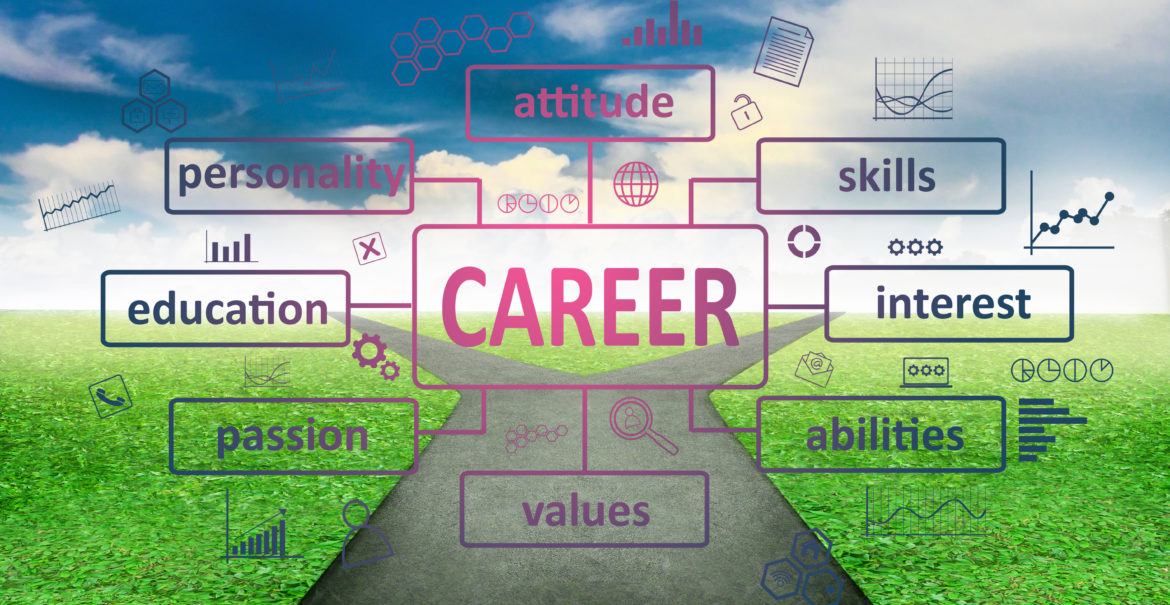
Dana Boggiano is a Sr. Account Manager at NFP. In this capacity, she partners with clients to provide comprehensive benefit administration, employee education, and compliance guidance. Dana has a passion for making a difference in people’s lives and has partnered with business leaders and decision makers to do so for over eight years by influencing the benefits strategies, cultural practices, and policies that create productive and inclusive workplaces.
Here is what Dana had to say when we asked her about early career best practices:
GenHERation®: What content should be included on a resume and how should you prioritize this information?
Dana Boggiano: Make sure your content is professional, and if you have an email address that is outdated, set up a new one. Start at the top with a summary that highlights skills, education, and experience, which will be highlighted in the rest of the resume. Include education, training, and certifications that are relevant to the positions you’re applying for. After education, go into your experience by talking about your work history, volunteer experience, and clubs. Put relevant bullet points that tie into the position you’re applying for. At the bottom, discuss skills and interests that apply to why you would be a good fit for the role, whether that’s organizational skills, different languages you speak, and so on.
GenHERation®: How should you navigate applying for jobs when you do not have years of experience?
Boggiano: Use the summary in your resume to highlight skills and education that are the most important parts of your background. Emphasize soft skills, internships, and relevant courses and projects to showcase your skills. For example, you can discuss a group project where you had to work with others to highlight your teamwork skills. Even if you don’t have work experience, highlighting relevant and related information will give you a shot.
GenHERation®: How can you write an effective cover letter?
Boggiano: Tailor the cover letter specifically to the role you’re applying for rather than using a standard template. Include the specific role in the introduction to put yourself at a good starting point. Highlight relevant experience or skills that can translate to the role you’re applying for. Make sure to explain why you’re interested in the job and why you think you’re a good candidate. Express what you have to offer in terms of relevant skills and how you will add value to the company. Close out by saying thank you. Remember that cover letters don’t have to be long. An effective cover letter can be a quick top paragraph, a list of relevant bullet points, and a short paragraph of a couple sentences to close out.
GenHERation®: What steps should you take to prepare for an interview?
Boggiano: Research the company. Identify the company’s mission and vision, and core values that resonate with you. It’s always good to bring notes of what you’ve learned about the company to show that you’re well prepared. I definitely suggest preparing questions to ask your interviewer about the company or the role, such as the potential reporting structure or decision-making process to help picture yourself at the company. Also, consider questions that they might ask you and how to answer them ahead of time. You can role-play with family members to practice how you would answer questions like, “Can you tell me about yourself?” Finally, I always map out the route to my interview location ahead of time. Make sure you know where you’re going and figure out where to park. Make sure you’re 5 to ten minutes early because being late doesn’t present well to a potential employer.
GenHERation®: When an interviewer says, “Tell me about yourself,” how should you respond?
Boggiano: Always be genuine. Talk about your past, how you got to where you are, previous experience, and passions. Then, talk about your current situation, role, recent accomplishments, and move into what you’re looking to do next and why you’re interested in working at the company. It follows a chronological order, highlighting personal information, but it’s not too fluffy. I recommend bringing up where you’re from and other things that might help you stand out. It’s really important to present yourself in a real fashion.
GenHERation®: How can you stand out when you are new to a company?
Boggiano: Take time to introduce yourself, whether it be inviting a new person to get coffee once a week or scheduling a quick 15-minute calendar block to introduce yourself. Being intentional about introducing yourself and remembering people’s names is so important. One cool thing we do at our office is put name plates outside everyone’s office that say who you are, your role at the company, what you like to do, interests, and your perfect weekend. It’s unique and an amazing icebreaker. Finding something to connect with people on will really help you stand out, especially at a bigger company. Another great way to get to know people is by joining an employee resource group or a committee. These give you the opportunity to learn about other people and how you relate to them.
GenHERation®: What do you wish you knew the day you graduated from college?
Boggiano: Push yourself outside of your comfort zone daily. This gives you the opportunity to learn a new skill set, form a new connection, or develop a new interest. I took a job as a HR generalist right out of college because that’s exactly what I wanted to do. I look back on it now and I also had other offers in different areas of human resources, such as recruiting. I would’ve picked up a different skill set even if it hadn’t worked out in the long run. Pushing myself a little further outside of my comfort zone would have been a great opportunity. Another piece of advice is to set goals for yourself. You’re consistently told that throughout your life, but it’s different when you’re finally in control of your life. Having short-term or long-term goals will set you up for future success.
Dana Boggiano is a Sr. Account Manager at NFP. In this capacity, she partners with clients to provide comprehensive benefit administration, employee education, and compliance guidance. Dana has a passion for making a difference in people’s lives and has partnered with business leaders and decision makers to do so for over eight years by influencing the benefits strategies, cultural practices, and policies that create productive and inclusive workplaces. In addition to her years of experience in Benefits Consulting, Dana has spent time as a Human Resources Professional in both small and large organizations and has first-hand experience addressing the challenges today’s leaders are facing. Her familiarity of being a resource for leaders and team members combined with her industry knowledge gives Dana the innate ability to provide a unique perspective that delivers a realistic approach to overall health and wellbeing. Dana is a proud Michigander and completed both her BBA and MBA at Western Michigan University.



Comments (0)